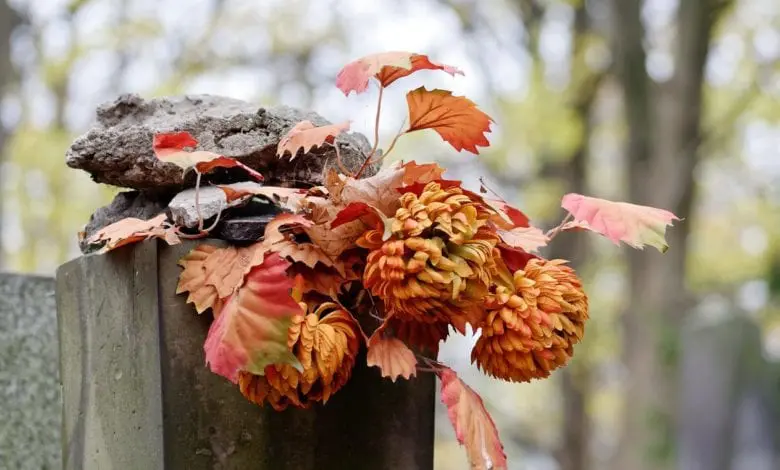Pandemic prompts four in 10 young people to talk about death, study finds

Four in 10 young people in the UK say that the Covid-19 pandemic has prompted them to have a conversation about dying, new research from Dignity Funerals has revealed.

Join over 5,000 funeral professionals with a membership
Get unlimited access and stay in the know. First-year special offer pricing. Cancel any time.
You have read 2/2 free articles this month.

How many members should have access to the subscription?
Monthly
Yearly
Save £9.89
No, thanks
I already have an account

Four in 10 young people in the UK say that the Covid-19 pandemic has prompted them to have a conversation about dying, new research from Dignity Funerals has revealed.